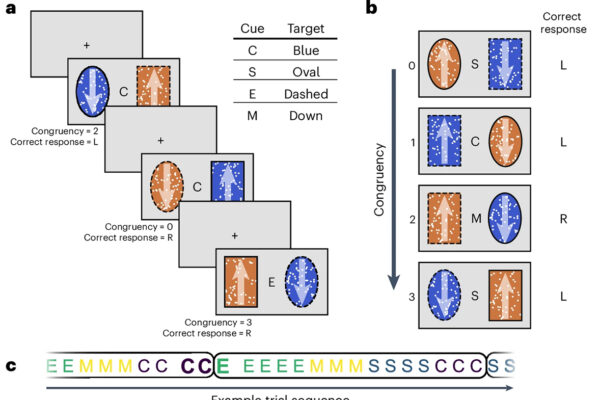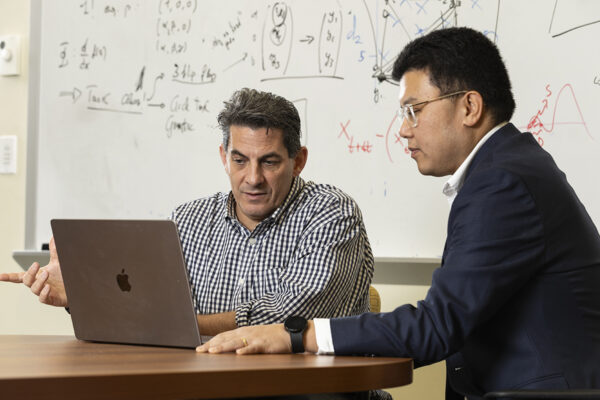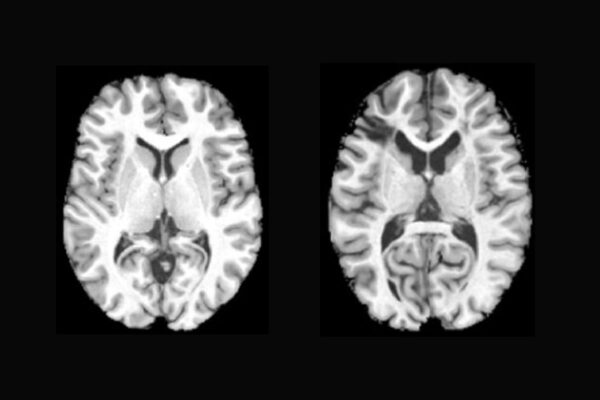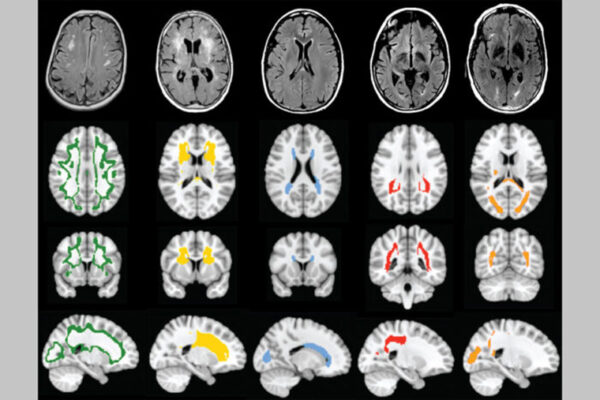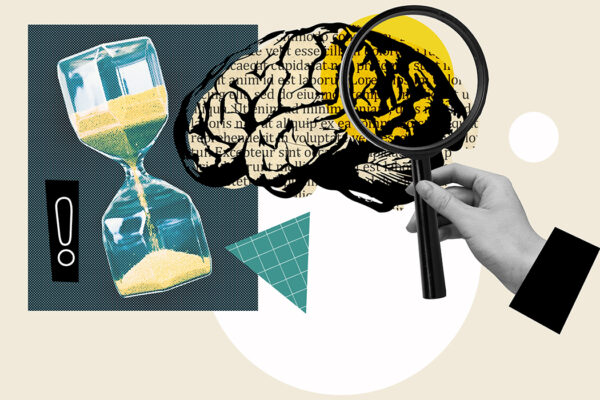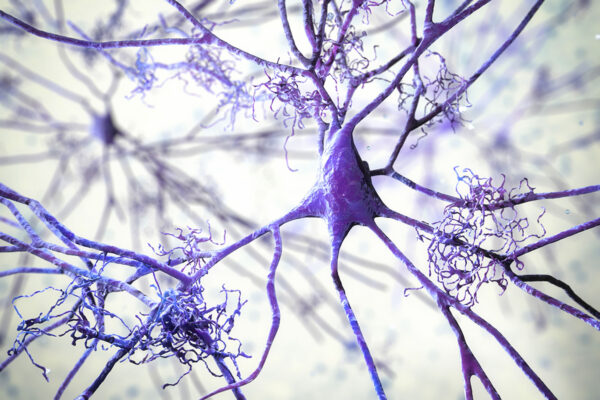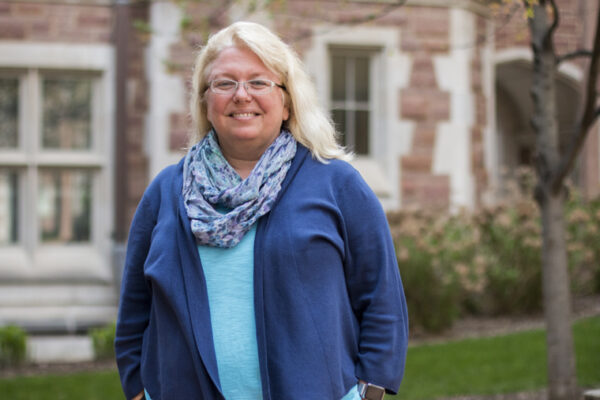New model from WashU scientists can improve understanding of human attention
A new neural network model by researchers at Washington University offers a way to uncover what brain mechanisms are at play when people need to focus amid many distractions.
Study identifies brain cells key to understanding other people
Researchers at WashU Medicine Mallinckrodt Institute of Radiology have identified specific neuronal cells that are essential to our understanding of other people.
WashU researchers map individual brain dynamics
Neuroscientists at Washington University have set up computer frameworks that can help model individual brain dynamics.
Brains of people with sickle cell disease appear older
A new study led by WashU Medicine researchers has found older-looking brains in adults with sickle cell disease, helping to explain the cognitive challenges experienced by such individuals.
Engineering better sleep
Washington University researchers plan to use advanced math to better understand and control biological systems, specifically our body’s internal clock, possibly leading to better treatments for sleep-related issues.
NIH grant funds study of cerebral small vessel disease
Researchers at WashU Medicine have received $7.5 million from the National Institutes of Health (NIH) to investigate a form of dementia caused by cerebral small vessel disease, the second-leading cause of dementia after Alzheimer’s.
Gratitude inspires generous support for WashU Medicine’s neurosurgery department
In recognition of a $50 million gift from Andrew and Barbara Taylor, the neurosurgery department at WashU Medicine has been named the Taylor Family Department of Neurosurgery.
Brain tumors hijack circadian clock to grow
Glioblastoma is an aggressive, incurable brain cancer that is the most common malignant brain tumor in adults. New research from Washington University in St. Louis shows that glioblastoma has an internal clock and syncs its daily rhythms to match — and take advantage of — the rhythms of its host.
Grant will fund development of vaccines to prevent dementia
Researchers at Washington University are looking to find new ways to design vaccines to protect against inflammation in the brain that causes dementia.
Barch honored by national mental health organizations
WashU researcher Deanna Barch was recognized by two national organizations for her work on schizophrenia and other mental health conditions.
Older Stories
